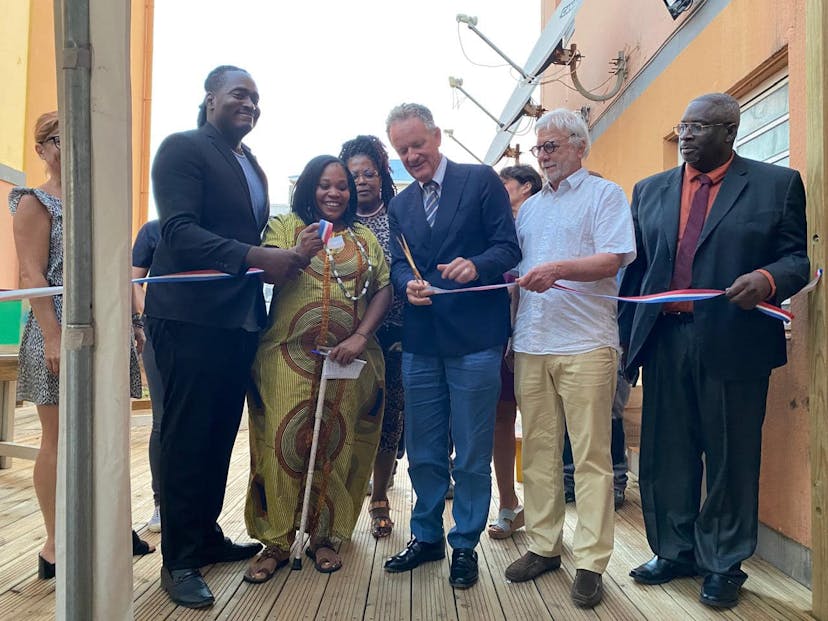France Travail x Collectivité of Saint-Martin Convention
Signing of the agreement for the provision by France Travail to the Overseas territory of Saint-Martin of common digital tools and services and data exchange as part of the implementation of Law No. 2023 – 1196 of December 18, 2023 for full employment.
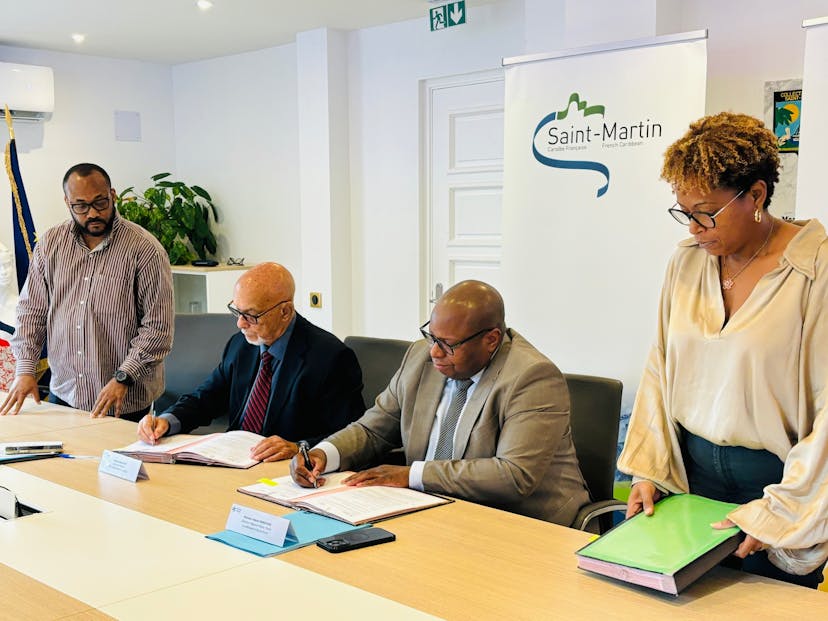 France Travail x Collectivité of Saint-Martin Convention
France Travail x Collectivité of Saint-Martin ConventionThe Overseas Collectivité of Saint-Martin exercises the powers (under common law) devolved to departments and regions. It thus assumes a leading role in matters of social integration, training, and professional guidance for job seekers.
As a reminder, and in accordance with the provisions of Law No. 2023-1196 of December 18, 2023 for full employment (hereinafter "Full Employment Law"), since January 2025, registration with France Travail (formerly Pôle Emploi) is automatic for all unemployed people: this will now include RSA beneficiaries and applicants as well as their spouses, young people looking for work and supported by the Mission Locale de Saint-Martin, as well as people with disabilities supported by Cap emploi.
The aforementioned "full employment law" establishes enhanced coordination of stakeholders in employment, training and professional integration, brought together within an employment network defined in Article L.53117 of the Labour Code.
In accordance with Article L.5312-1-II of the French Labor Code, France Travail's mission is to design and provide members of the employment network with common digital tools and services that facilitate the interoperability of information systems. These digital tools and services comply with the framework defined by the specifications drawn up by the National Employment Committee and approved by decree of the Minister of Labor on July 3, 2024, relating to the specifications identifying the needs of members of the employment network to ensure the interoperability of their information systems.
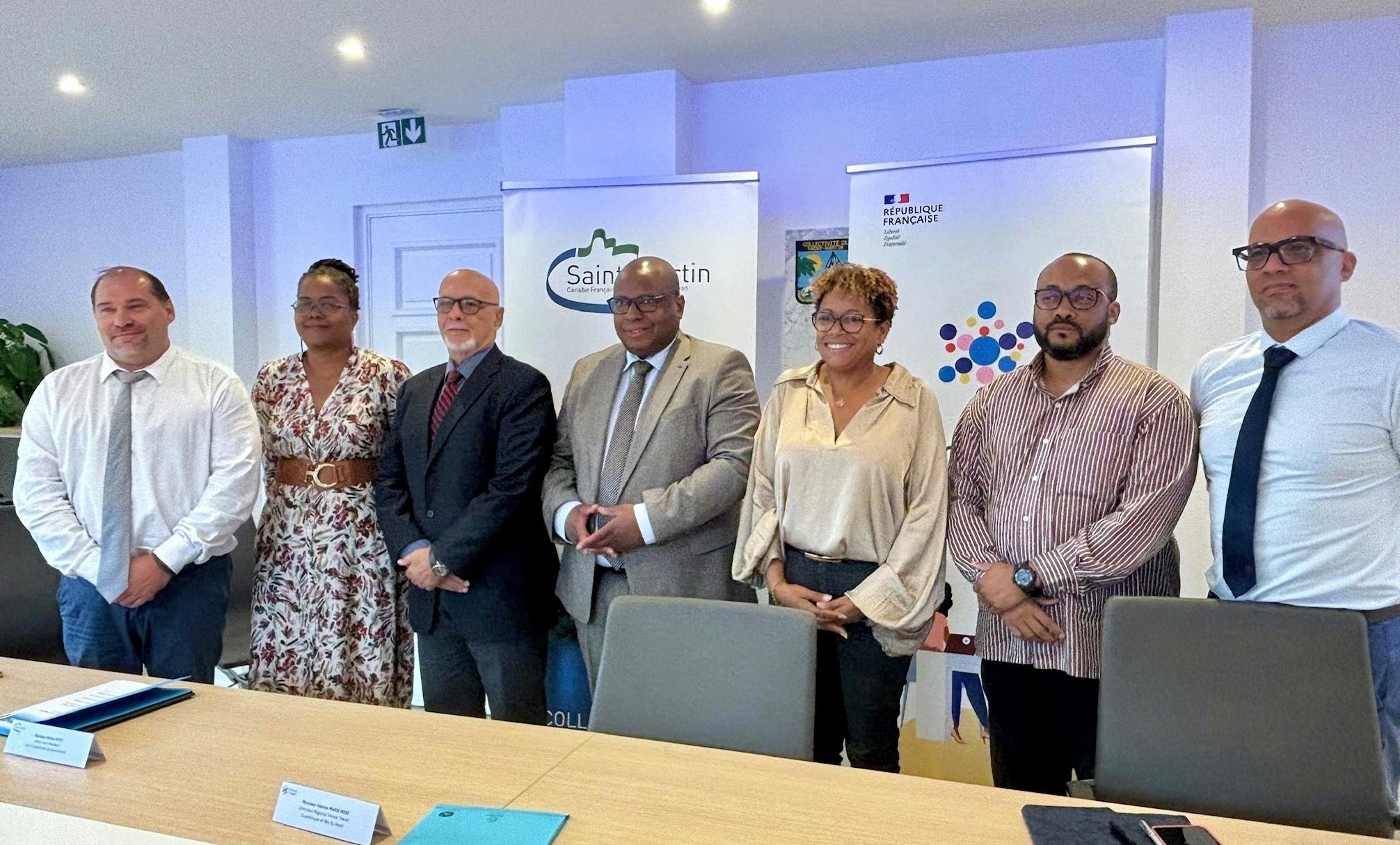 France Travail x Collectivité of Saint-Martin Convention
France Travail x Collectivité of Saint-Martin ConventionRegarding the number of job seekers*:
The number of end-of-month job seekers (DEFM) in category A [required to look for work and without activity] increased in 2024. Admittedly, it is almost stable between the 3rd Q. 2024 and the 4th Q. 2024 (-35 DEFM), going from 4,075 DEFM to 4,040. But over one year, the change is +3.6% in Saint-Martin, compared to -2.5% in Guadeloupe; it stands at +3.5% at the national level;
The number of job seekers in categories A + B + C [required to seek employment, whether or not they have been in employment] stands at 4,910 in the 1st quarter of 2024, 4,895 in the 2nd quarter of 2024, 5,040 in the 3rd quarter of 2024 and 5,105 in the 4th quarter of 2024. Over one year, the number of unemployed in these three reference categories increased by 2.9% in Saint-Martin; it fell by 1.9% in Guadeloupe and increased by 1.8% at the national level.
*Source: DEETS Guadeloupe, Job seekers registered with France Travail in the Northern Islands in the 4th quarter of 2024, posted online on January 27, 2025.
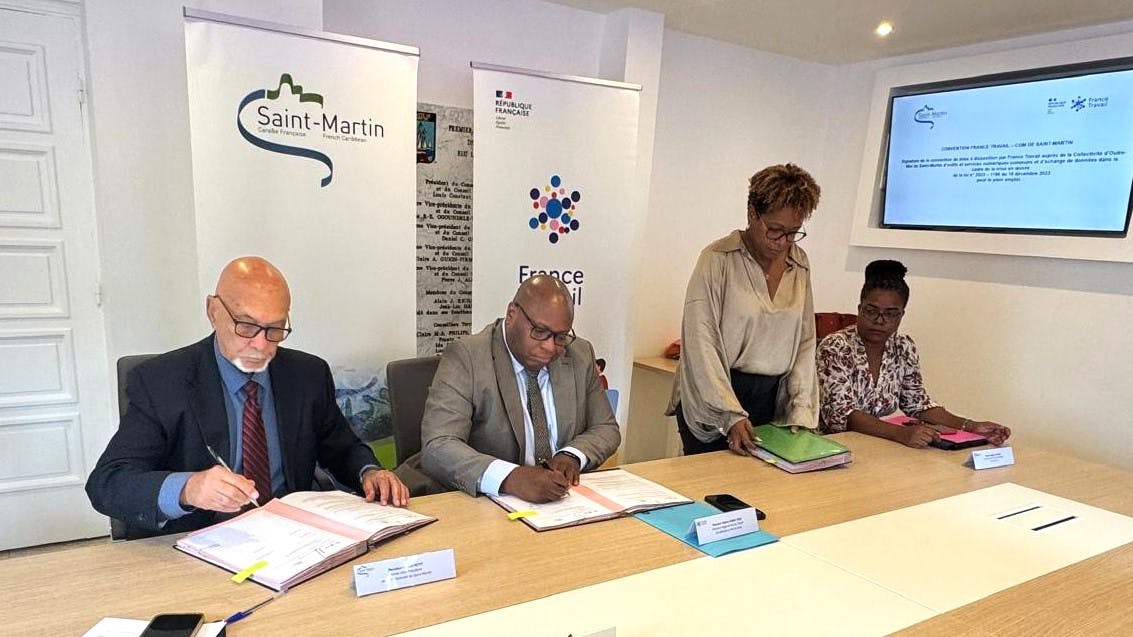 France Travail x Collectivité of Saint-Martin Convention
France Travail x Collectivité of Saint-Martin ConventionRegarding the number of RSA (active solidarity income) beneficiaries:
The latest available statistics show that 1,913 households will be receiving RSA in the third quarter of 2024. This statistical observation highlights the need to renovate the methods of partnership and support for job seekers, with the aim of modernizing our information system.
The project
The public operator France Travail will provide the Collectivité, free of charge, with the “TRACKING PATH” application via a digital platform.
This shared information system will enable professional integration advisors and social workers from the health, solidarity and families delegation of the Collectivité, carrying out, among other things, the monitoring of RSA beneficiaries and overall support, to collaborate in real time with partners, to become aware of all the information relating to the individuals monitored, thus avoiding redundant exchanges for the latter.
The interoperability of the information systems of the partners involved in social and professional integration pathways will enable each party to carry out its missions efficiently and transparently.
The ambition is to optimize the support provided to job seekers, by ensuring a more fluid and coordinated intervention from all stakeholders involved . In this way, we will increase the chances of these people finding sustainable employment, which will ultimately contribute to full employment by 2027.

Formation aide-soignant : 16 récipiendaires obtiennent leur diplôme d'aide-soignant
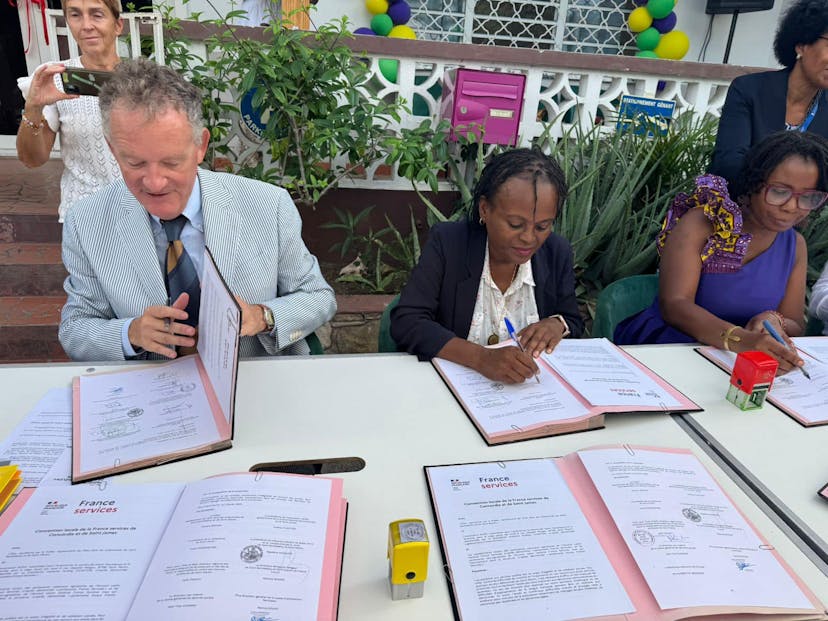
Inauguration of the France Services house at Concordia St James
